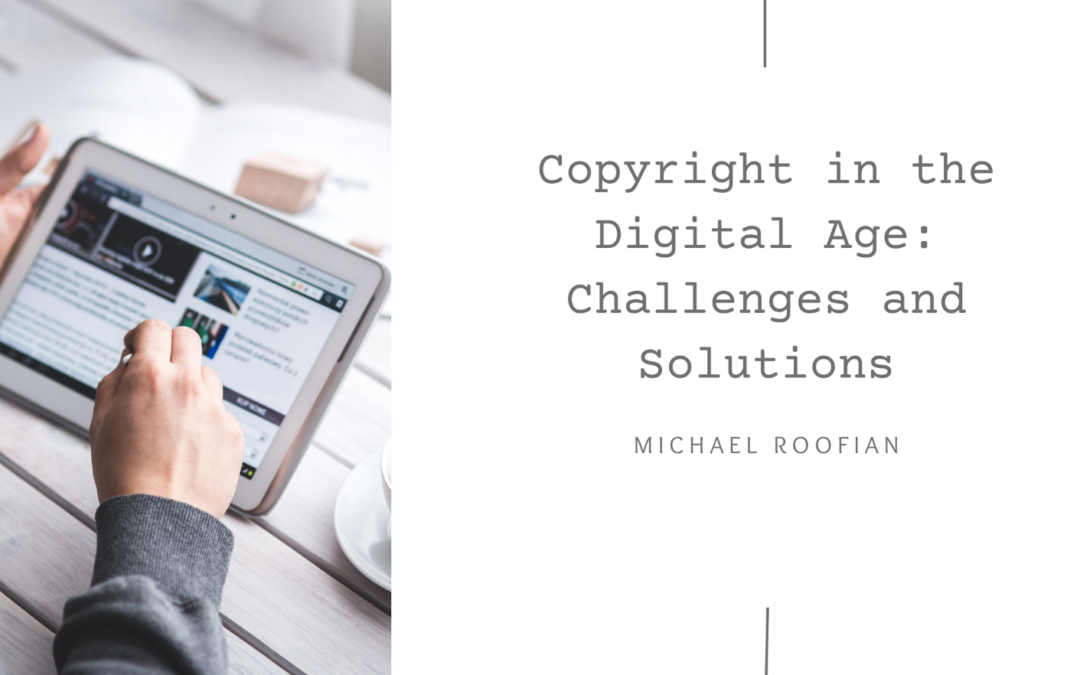In the ever-expanding digital landscape, copyright faces new and intricate challenges, reshaping how creators protect and monetize their intellectual property. The Digital Age has ushered in a transformative era where information flows freely, yet protecting the rights of content creators remains crucial. In this blog, we explore the challenges faced by copyright in the Digital Age and the innovative solutions emerging to address these issues.
Digital Piracy and Unauthorized Distribution: Digital piracy poses a significant threat to copyright in the Digital Age. The ease of replicating and distributing digital content without proper authorization has led to widespread copyright infringement. Music, movies, books, and software are vulnerable to unauthorized sharing, impacting the revenue streams of content creators.
Challenges in Enforcement: The global nature of the internet presents challenges in enforcing copyright laws. Violations can occur across borders, making tracking and prosecuting offenders difficult. The decentralized nature of digital platforms further complicates enforcement efforts, as content can be hosted on numerous servers worldwide.
Emergence of User-Generated Content: The rise of user-generated content platforms has blurred the lines between creator and consumer. While empowering users to share their creations, these platforms pose challenges for copyright holders. Issues arise when users remix or reuse copyrighted material without proper licensing, leading to potential conflicts over intellectual property.
Digital Rights Management (DRM): Digital Rights Management technologies aim to protect copyrighted works by controlling access and usage. However, DRM systems have faced criticism for being overly restrictive and, in some cases, affecting the user experience. Striking a balance between protecting content and respecting user rights remains an ongoing challenge.
Fair Use and Transformative Works: Determining the boundaries of fair use in the Digital Age is a complex task. The concept of transformative works, where copyrighted material is repurposed for new creative expressions, often leads to legal disputes. Courts must navigate the fine line between protecting the rights of original creators and fostering a culture of innovation and creativity.
Blockchain Technology: Blockchain technology is emerging as a promising solution for copyright challenges. By providing a decentralized and transparent ledger for tracking ownership and transactions, blockchain can help establish a delicate chain of custody for digital content. This has the potential to simplify licensing processes and reduce unauthorized use.
Educating Content Creators and Consumers: Promoting copyright education is crucial for content creators and consumers. Content creators need to understand how to protect their works, while consumers must be aware of the rights associated with digital content. Building awareness and fostering a culture of respect for intellectual property rights contribute to a more balanced digital ecosystem.
